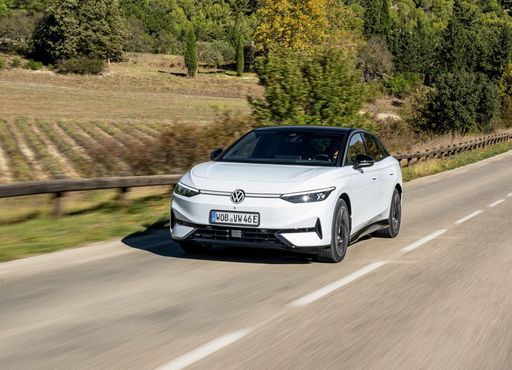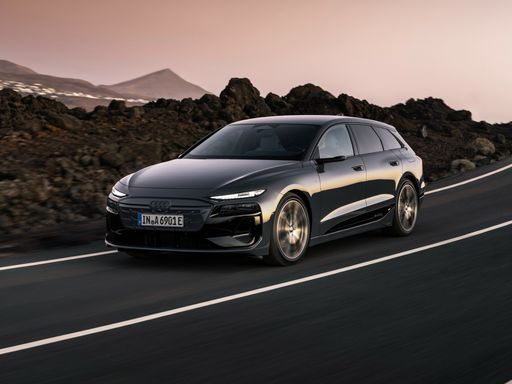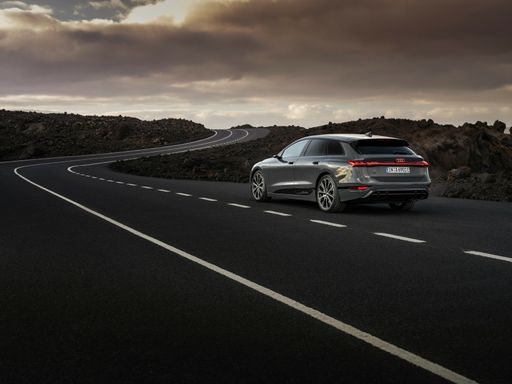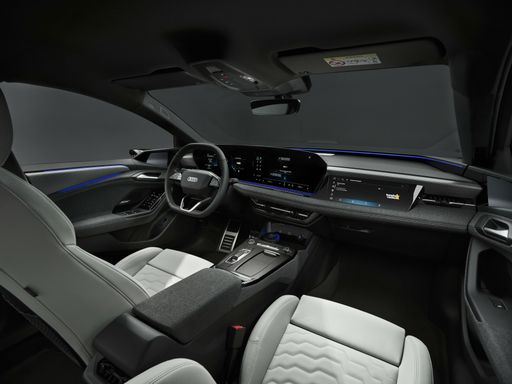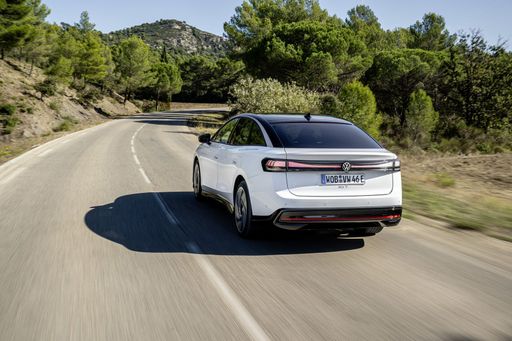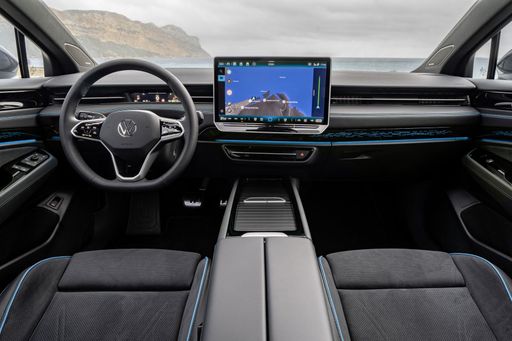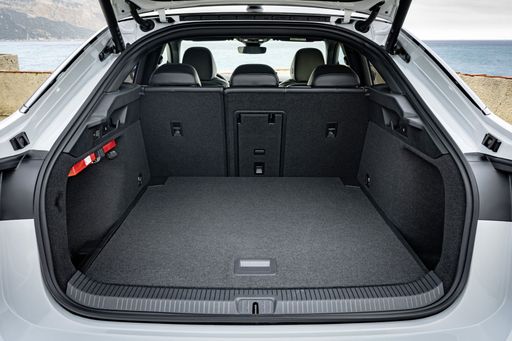Audi A6 e-tron Avant vs. VW ID.7: A Comprehensive Comparison
When it comes to electric vehicles, the market is rapidly evolving, with many manufacturers stepping up their game to offer superior performance, range, and technology. Two major players in the automotive industry are Audi and Volkswagen, both pushing their electric offerings to new heights. In this article, we will dive into a comprehensive comparison of the Audi A6 e-tron Avant and the VW ID.7, looking at their technical specifications, innovations, and overall performance.

